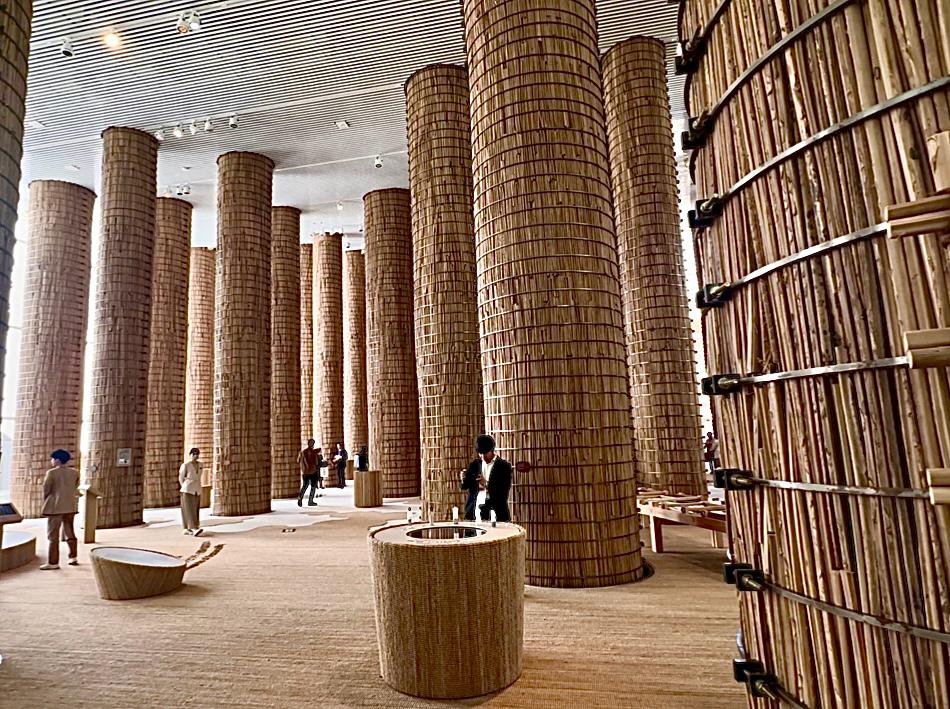LONDON: The UK’s new government must drop the country’s legal challenge against the International Criminal Court’s seeking of arrest warrants against Israeli leaders, Human Rights Watch has said.
Rishi Sunak, the former UK prime minister, had challenged the court’s issuing of warrants against Israeli Prime Minister Benjamin Netanyahu and Defense Minister Yoav Gallant earlier this year.
Karim Khan, the ICC’s top prosecutor, said there was a credible case that the two leaders could bear responsibility for crimes against humanity, The Guardian reported on Friday.
The UK director of HRW, Yasmine Ahmed, said it is “absolutely critical” that the country’s new Prime Minister Keir Starmer withdraws the legal challenge against the ICC.
The Guardian reported two weeks ago that the new government was expected to drop the case.
However, senior British diplomats later disputed the rumors, saying the decision “remained under review.”
The new UK government has until July 26 to decide whether to carry on with the legal challenge, under ICC guidelines.
Ahmed told The Guardian that the Labour government must pursue “progressive realism,” an ideology proposed by the new Foreign Secretary David Lammy.
She asked: “Will the UK government be principled and mature enough and adhere to its own statements of complying with and acting consistently with international law and supporting the rules-based order by withdrawing its application to intervene in the case of the ICC? It will be now for us to see where the rubber will hit the road.
“It is an incredibly complex world that they are addressing. We’re seeing a number of crises on a level I don’t know we’ve seen in decades.”
Ahmed praised Labour’s decision this week to resume British funding of the UN Relief and Works Agency for Palestine Refugees in the Near East.
That decision leaves the US as the only country yet to resume funding to UNRWA following the controversial boycott of the agency that began earlier this year.
“We cannot promote and be seen to be, or in fact be, promoting a rules-based order in international law if we’re not also replicating that domestically,” said Ahmed. “We need to give (the government) an opportunity to live up to their rhetoric.”

































